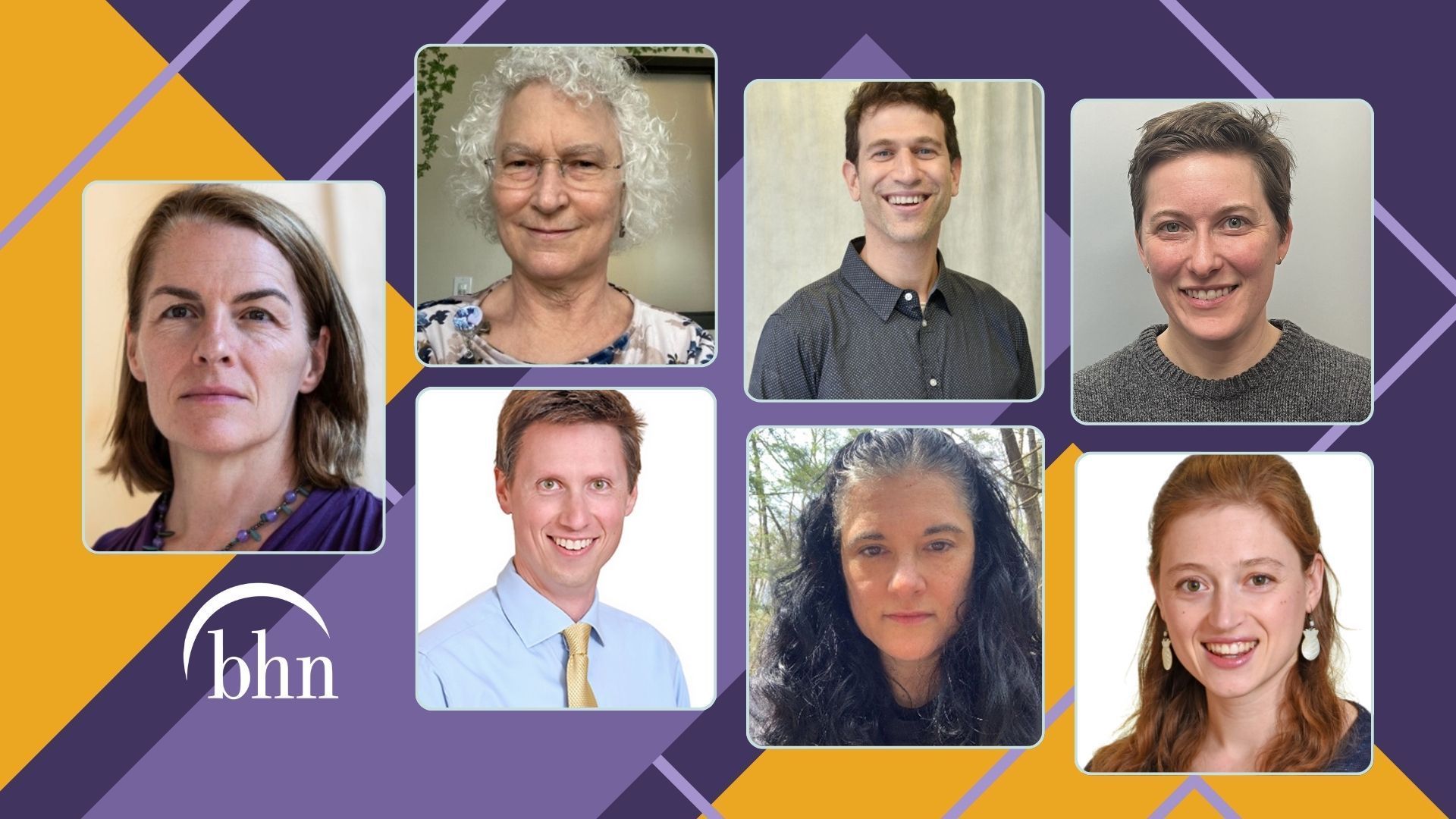Community crisis mental health programs help keep people out of emergency rooms
By Anne-Gerard Flynn | Featured in the the Republican
SPRINGFIELD — Community crisis service programs can often help individuals struggling with a psychiatric emergency if no medical issue is involved.
“The Executive Office of Health and Human Services is working with providers like BHN to develop more community support and programs so fewer people will need inpatient level of care,” said Steve Winn, president and CEO of Behavioral Health Network.
That’s a priority at a time when many patients are forced to wait hours or days in a hospital emergency room before being admitted for inpatient psychiatric care. The phenomenon is called ER boarding, and health care professionals say it has gotten worse during the coronavirus pandemic and with the loss of psychiatric care beds in the region.
Winn said Behavioral Health Network recently opened a nine-bed “enhanced crisis stabilization unit” in Springfield.
“This helps keep people out of the ER or take people out of the ER who, in the past, might have been waiting for an inpatient bed,” he said. “It is not appropriate for everybody and is not the same as inpatient, but it is more intensive than what we have had in the past in the community.”
Crisis stabilization is for people who do not require traditional inpatient care “but who do need to be out of their home,” Winn said.
“It is residential. People stay up for a week or eight to 10 days. It is intensive treatment. Therapy and group therapy and medication. They see a psychiatrist. It is a lower level of care than inpatient. It is in between crisis stabilization and inpatient. It is in the middle.”
Behavioral Health Network’s enhanced crisis stabilization unit is a “pilot program that the state has supported,” Winn said. “If it works out and if it is helpful, I think the state will look to have those programs in other areas as well.”
“We think this is going to help with boarding,” said Winn.
"Otherwise, we think these people would be waiting in an ER to go to an inpatient unit. It is a pilot that if we find is of value to the community, we will begin to open more beds. It is for those with a psychiatric diagnosis and, as long as they do not require a medical detox, they can also have a co-occurring substance use disorder. It is both. It is primarily psychiatric but it can also be substance use treatment as well.”
The closure of inpatient psychiatric services at Providence Behavioral Health Hospital in Holyoke in June has left Western Massachusetts without that level of care for children and adolescents.
“We have had fewer kids referred and evaluated since COVID, but as the pandemic has gone on, we are seeing those numbers start to creep up and we are looking at beds in other places for those kids,” Winn said. “There is a level of care called community-based treatment for that, and we do have a 12-bed unit in Springfield and that has been highly utilized since Providence has closed. It is for children 10 to 17. Other programs in the state may be for different-aged kids.”
He added, “Many people just assume they need to go to the (emergency department), but that is not the case, unless they have a medical need, such as they have taken something or have hurt themselves. They can go to their crisis team or ask their crisis team to go to them.”
Behavioral Health Network operates a 24-hour crisis center on Liberty Street, as well as 24/7 crisis phone lines.
“If someone does not have a medical need, they can go to a crisis center,” Winn said.
SHARE
Topics
Stay Up to Date!
Sign-up for our newsletter to receive news and updates from BHN.






